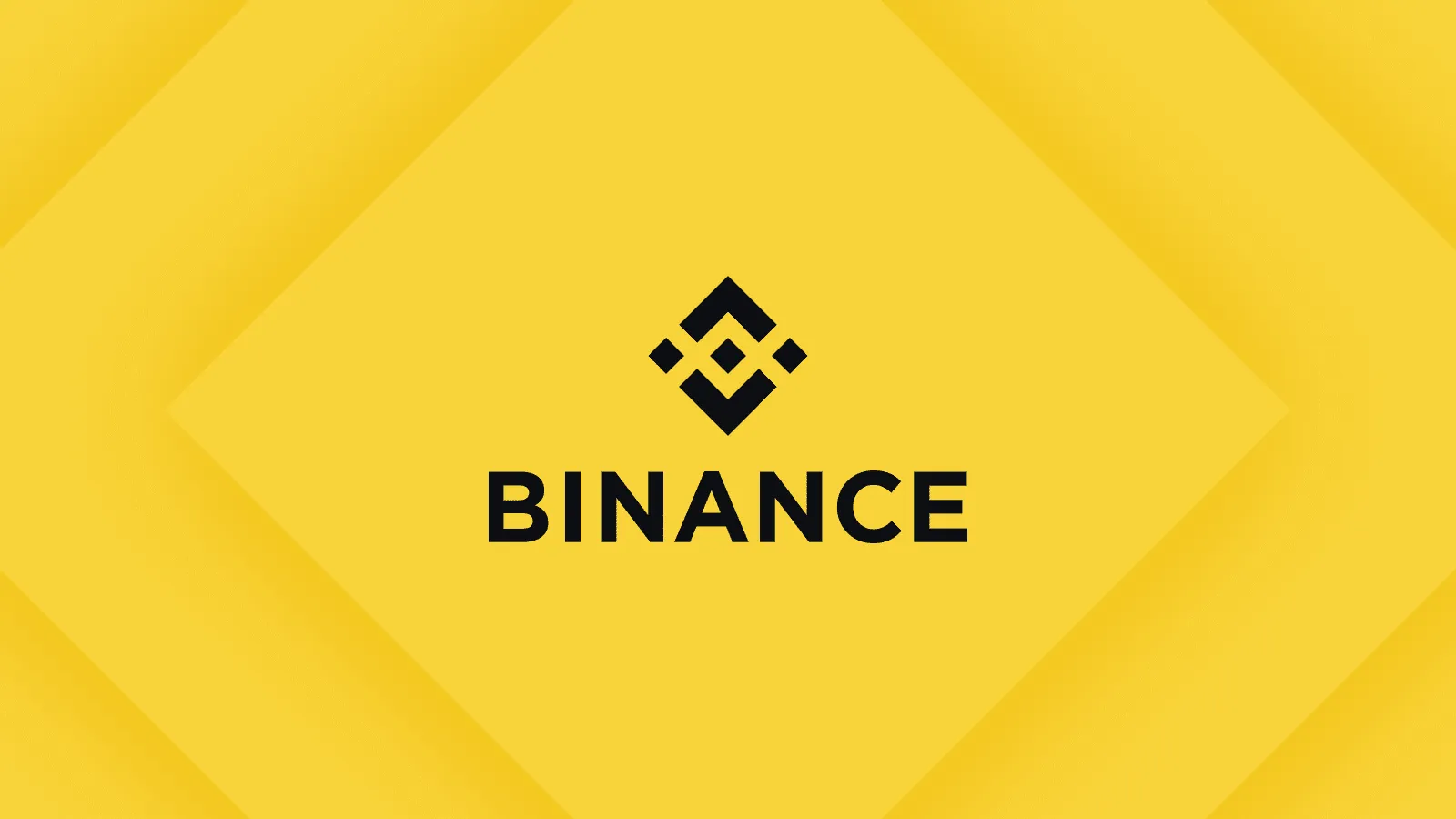Centralization Saves the Day After the Binance Smart Chain Hack
The Binance Smart Chain's cross-chain bridge was hacked for ~2M BNB tokens ($570M), but it looks like they only got away with about $50M.

The Binance Smart Chain's cross-chain bridge was hacked last week. The hackers minted ~2M BNB tokens, worth about $570M at the time, but it looks like they only got away with about $50M. Binance shut down its network for hours, then rolled back the changes the hackers made to the network. In a lot of ways, Binance operated more like a bank than a crypto project.
What made this bridge hack different was Binance Smart Chain's often-criticized centralization. When hackers exploit a bridge and mint new tokens, they usually destroy the network's DeFi ecosystem by emptying the liquidity in its DEXs. Harmony still hasn't recovered from its bridge hack. The Binance Smart Chain hackers tried to use the same playbook, but Binance leadership shut down the network to prevent liquidations and withdrawals.
Binance's BNB token and its BUSD stablecoin have a combined market cap of $65B, and the Binance Smart Chain has real adoption among gamers, DeFi degens, and altcoin creators. Binance isn't a classy ecosystem–it was known for hosting many scam projects during the last bull run. But if Binance melted down, it would be bad for the entire crypto economy.
I find it odd that people are criticizing Binance's centralization even though it's what ended up saving the network. It's not like anyone is forced to own BNB or use products operating on Binance Smart Chain. If I were operating a DEX or an NFT game on Binance Smart Chain, I'd have chosen the chain specifically because the centralized control keeps the ecosystem safe for operators. Like Solana, Binance Smart Chain is not a decentralized blockchain, so it offers a different type of value to companies operating on the blockchain, and those companies accept a different type of risk in return.
